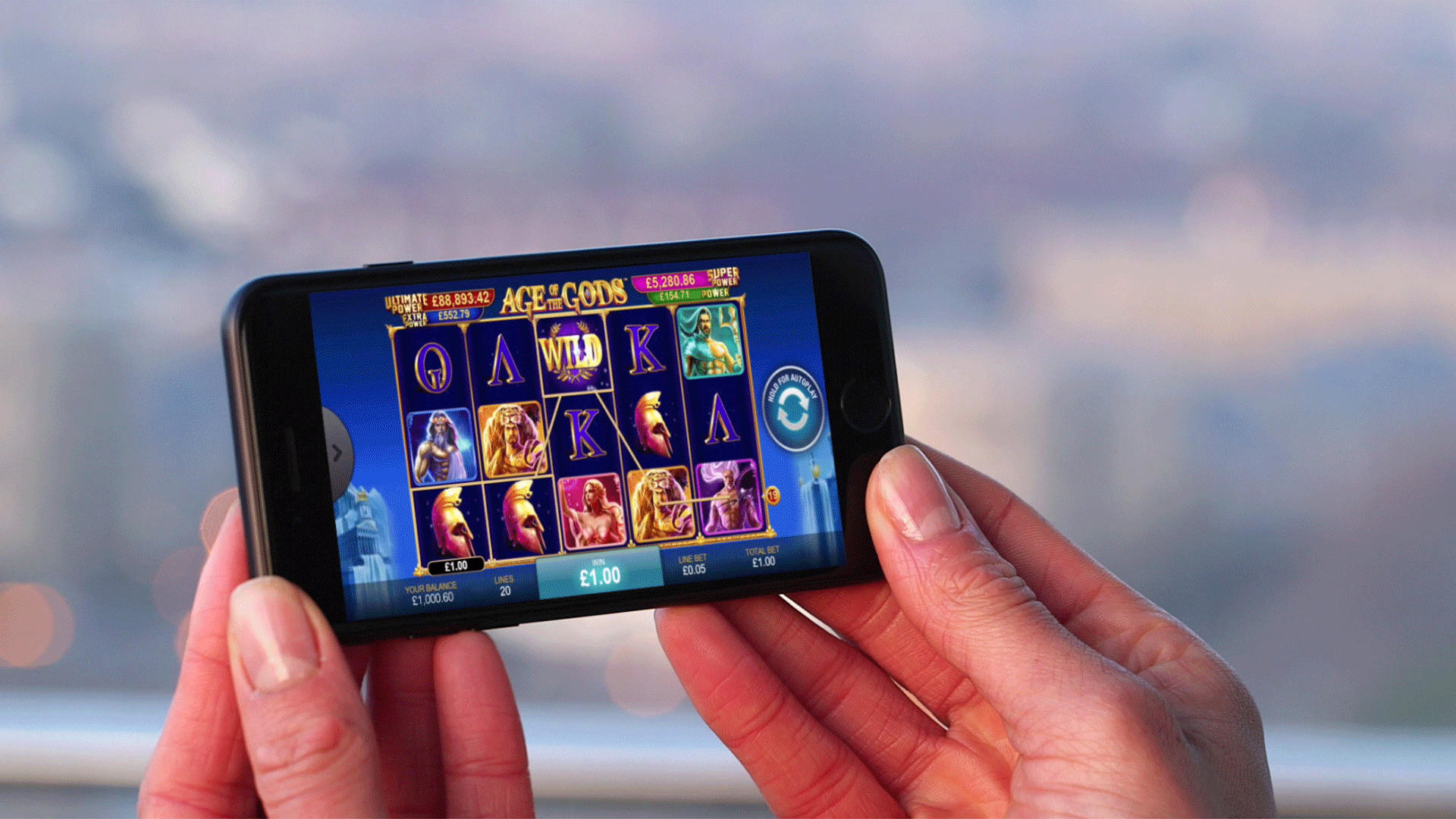
The Evolution and Impact of Playing Games Online
In the last few decades, the world of gaming has undergone a remarkable transformation, with the internet at the heart of this evolution RAJA 189. The rise of online gaming has opened up new realms of possibility, allowing players to connect, compete, and collaborate with people from all corners of the globe. Today, online games encompass everything from immersive role-playing adventures to casual puzzle games, offering entertainment for all kinds of players. But how did we get here, and what are the broader effects of this gaming revolution?
The Rise of Online Gaming
While video games have existed since the 1950s, it wasn’t until the 1990s that online gaming began to take shape. The introduction of multiplayer features in games such as Doom and Warcraft paved the way for what would become a global phenomenon. The advent of faster internet connections, particularly broadband, made it possible for gamers to experience more dynamic, multiplayer environments. By the early 2000s, titles like World of Warcraft and Halo 2 popularized the idea of persistent online worlds where thousands of players could interact in real-time.
Online gaming platforms, such as Steam, PlayStation Network, and Xbox Live, have further fueled this growth by offering a centralized space for players to purchase, download, and connect with others. The proliferation of mobile gaming also contributed to making online games more accessible, allowing people to game on the go.
The Social Aspect of Online Gaming
One of the most compelling aspects of playing games online is the ability to connect with others. Online gaming has become an inherently social activity, breaking down geographic boundaries and fostering communities that might never have otherwise existed. Multiplayer games like Fortnite, League of Legends, and Among Us provide players with shared experiences that transcend their immediate surroundings.
The development of voice chat, in-game messaging, and even video calls during gaming sessions has allowed players to build friendships, communicate strategies, and participate in a virtual space that feels as alive as the physical one. For many, online gaming has replaced traditional forms of socializing, serving as a place to unwind, laugh, and bond over shared interests.
In recent years, the rise of streaming platforms like Twitch and YouTube Gaming has further reinforced this social aspect of gaming. Watching others play, learning new strategies, or simply enjoying the entertainment has become a form of social interaction in itself. Content creators often build large, dedicated fanbases that engage in conversations, share tips, and create a sense of belonging within gaming communities.
The Evolution of Game Genres and Accessibility
Online gaming has expanded the diversity of games available to players. From competitive first-person shooters like Call of Duty to cooperative games such as Minecraft and Overwatch, there’s a game for every type of player. Some players prefer the fast-paced action of battle royales, while others may enjoy more strategic or narrative-driven games.
Additionally, the online gaming world has evolved to cater to a wider range of abilities. Developers are increasingly making efforts to ensure that games are accessible to all, introducing features like customizable controls, visual aids, and difficulty adjustments. This has made online gaming more inclusive, allowing players with disabilities to engage with games in a way that suits their needs.
Mobile games have also played a crucial role in making gaming more accessible. Games like Clash Royale and Pokemon GO allow people to play in shorter bursts and from virtually anywhere, making gaming an easier and more convenient hobby. The free-to-play model has also contributed to making games more accessible, as players can try a game without committing to a purchase upfront.
The Psychological and Cognitive Benefits
While often associated with escapism, online gaming can also provide a range of psychological and cognitive benefits. Research has shown that gaming can enhance cognitive flexibility, problem-solving skills, and even creativity. In multiplayer games, players often need to think quickly, strategize, and work collaboratively, which can boost their teamwork and leadership abilities.
In addition, many online games require players to practice perseverance and resilience. The challenge of leveling up, completing difficult missions, or competing against others teaches players the value of persistence and learning from failure. The sense of accomplishment and reward that comes from overcoming in-game obstacles can transfer to real-life scenarios, fostering a positive sense of self-worth.
However, like anything, moderation is key. Excessive gaming can lead to negative effects, including addiction and social isolation. It is important for players to find a healthy balance between gaming and other aspects of life.